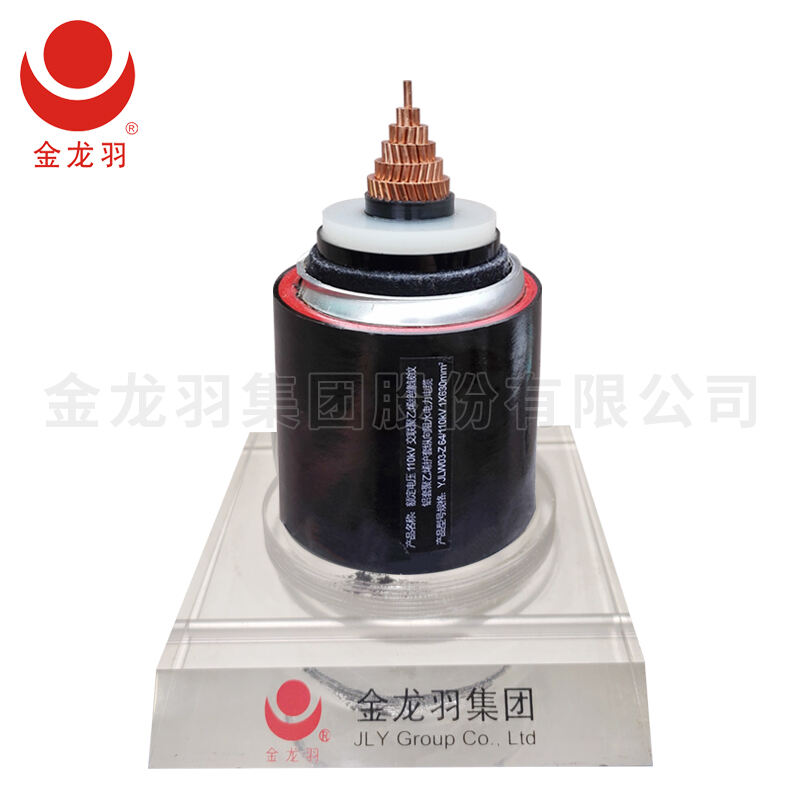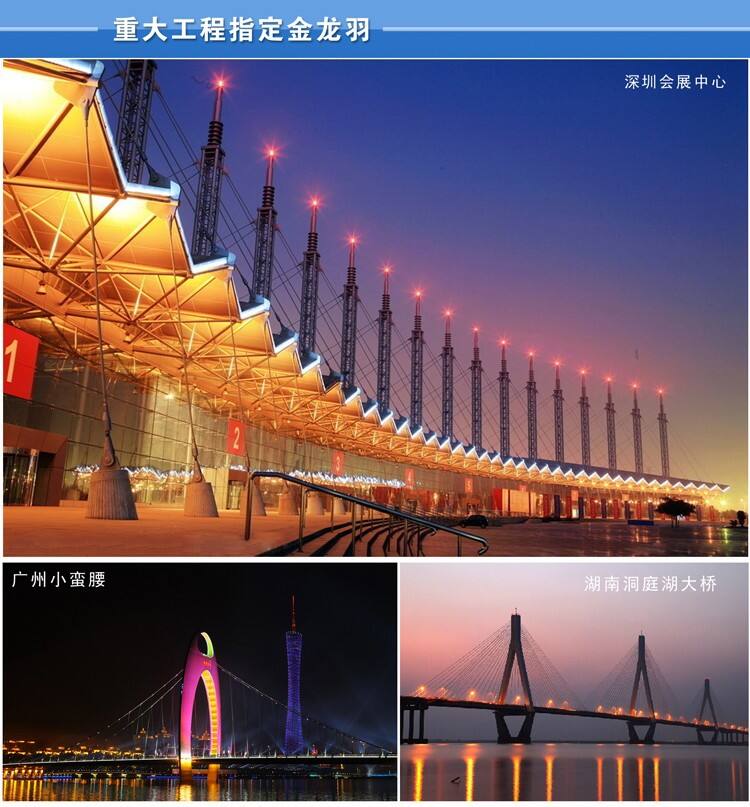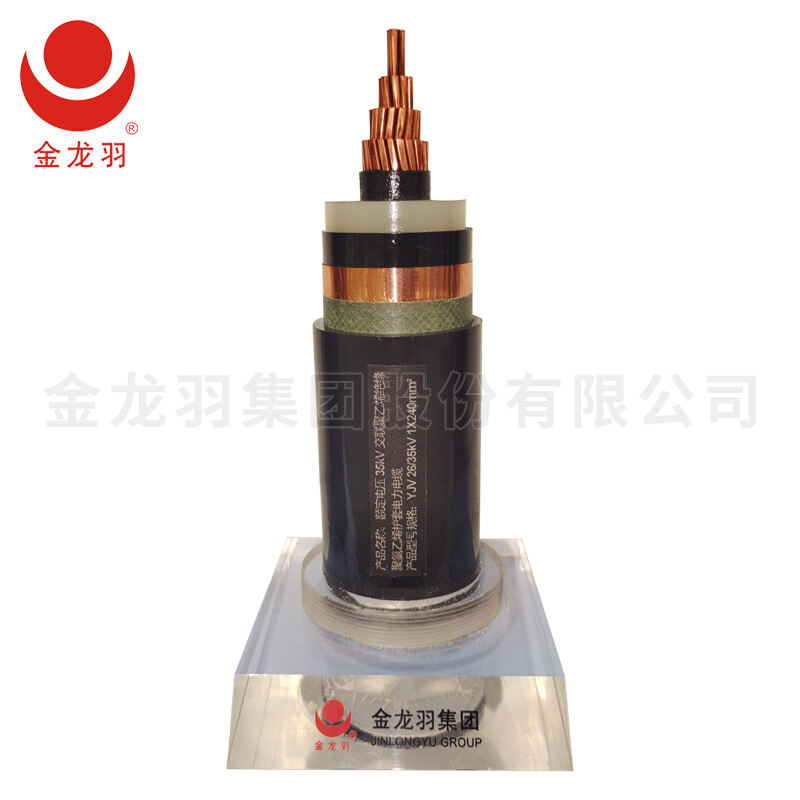In construction, a diverse range of wires is employed to meet various electrical requirements. Single-strand solid wires are commonly used for fixed wiring in walls, ceilings, and electrical panels due to their stability and durability, providing a reliable connection for long-term installations. Stranded wires, consisting of multiple thin conductors, offer greater flexibility, making them suitable for applications where frequent movement or bending is necessary, such as in electrical outlets, switches, and appliances connections within buildings. Armored cables, featuring a protective metal sheath, are ideal for outdoor installations and areas where the wire may be exposed to physical damage, offering enhanced protection against mechanical stress, moisture, and rodents. Fire-resistant wires with special insulation materials are crucial in commercial and residential buildings, designed to maintain circuit integrity during a fire, allowing emergency systems to continue operating. Additionally, low-smoke halogen-free (LSZH) wires are increasingly popular in construction as they reduce the release of toxic fumes and smoke during combustion, ensuring the safety of occupants in case of a fire. These different types of wires in construction are selected based on factors like the installation environment, electrical load, and safety requirements to ensure efficient and safe electrical systems.


